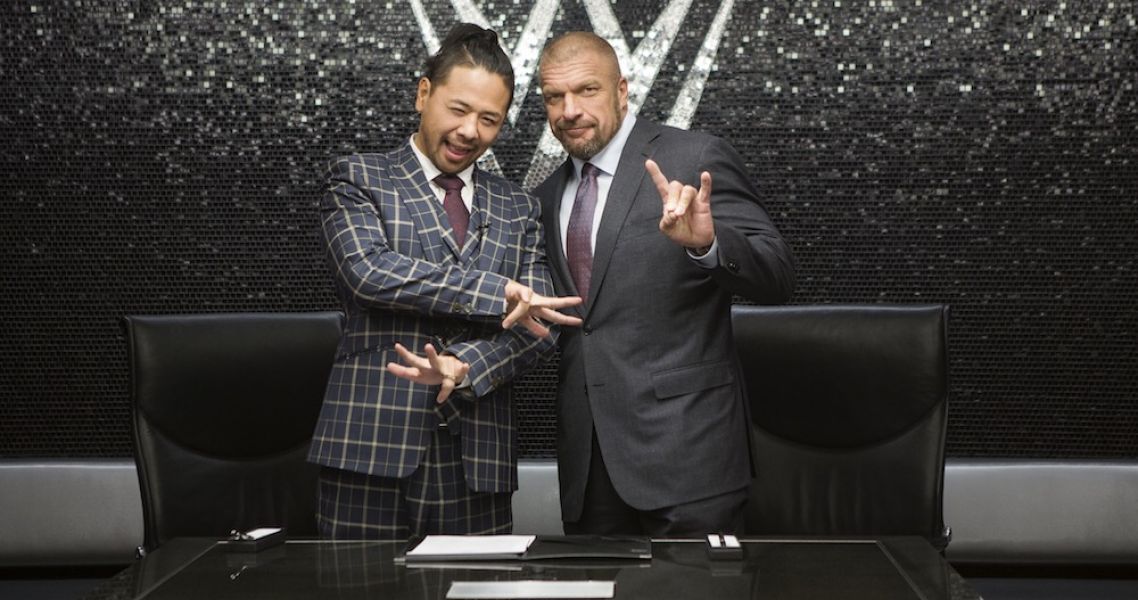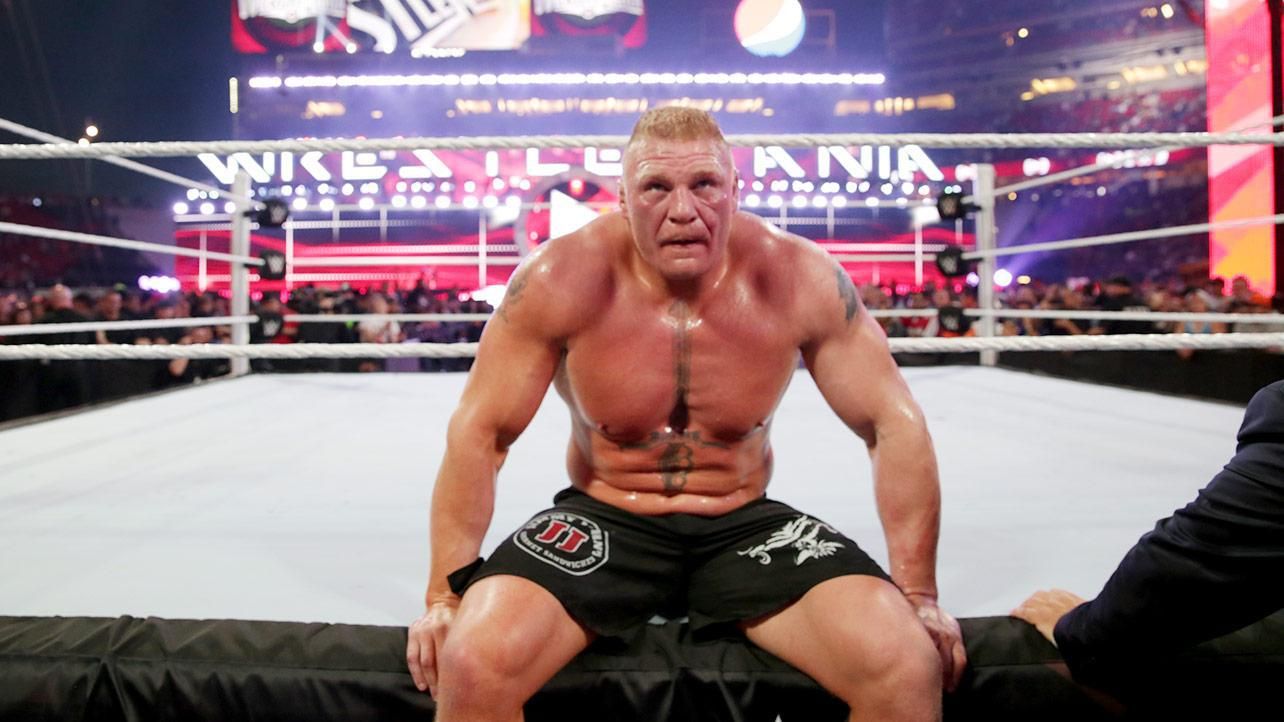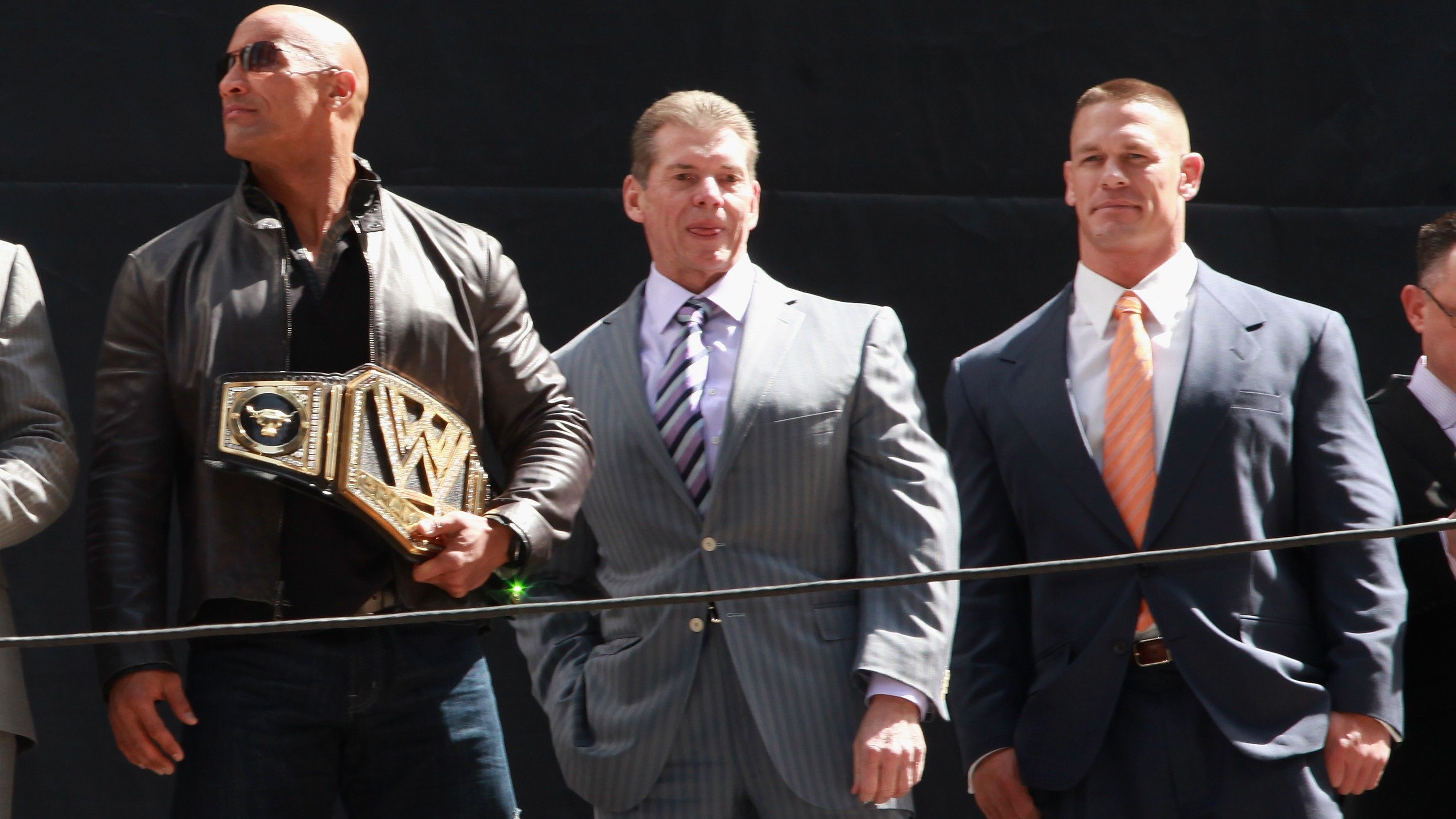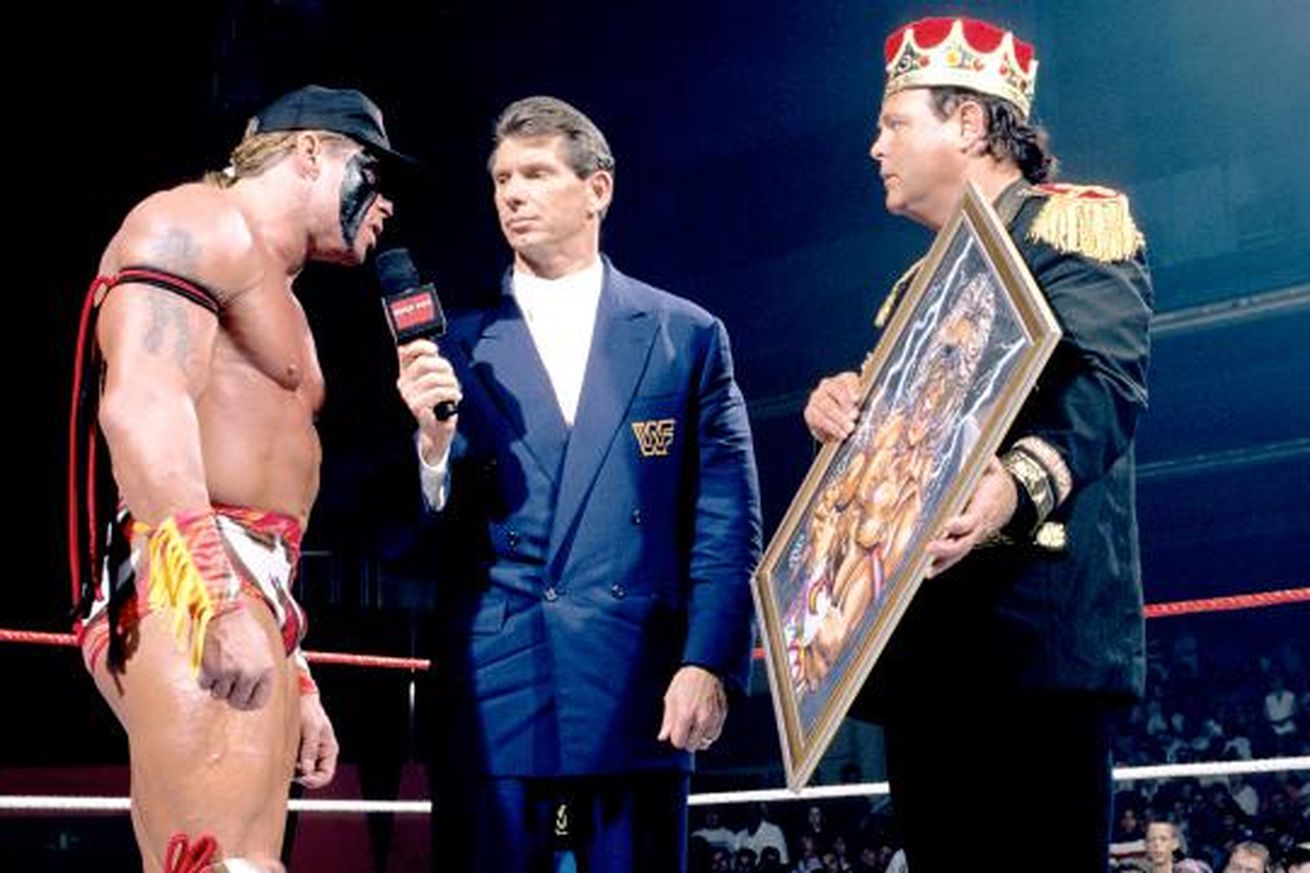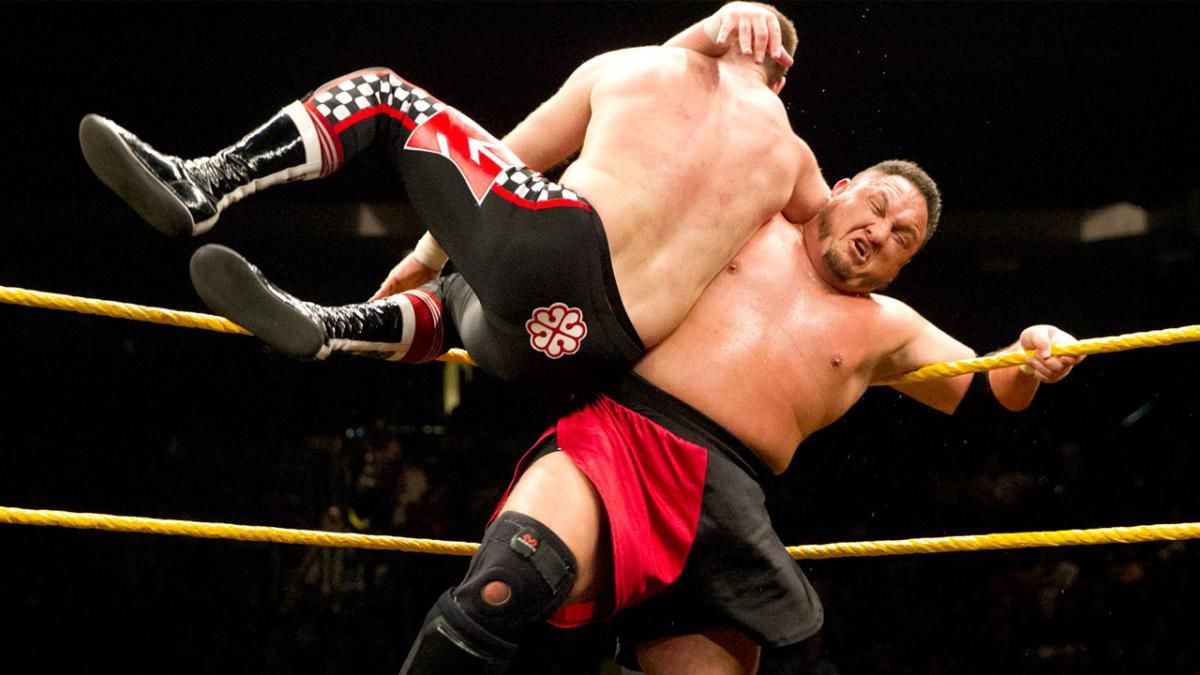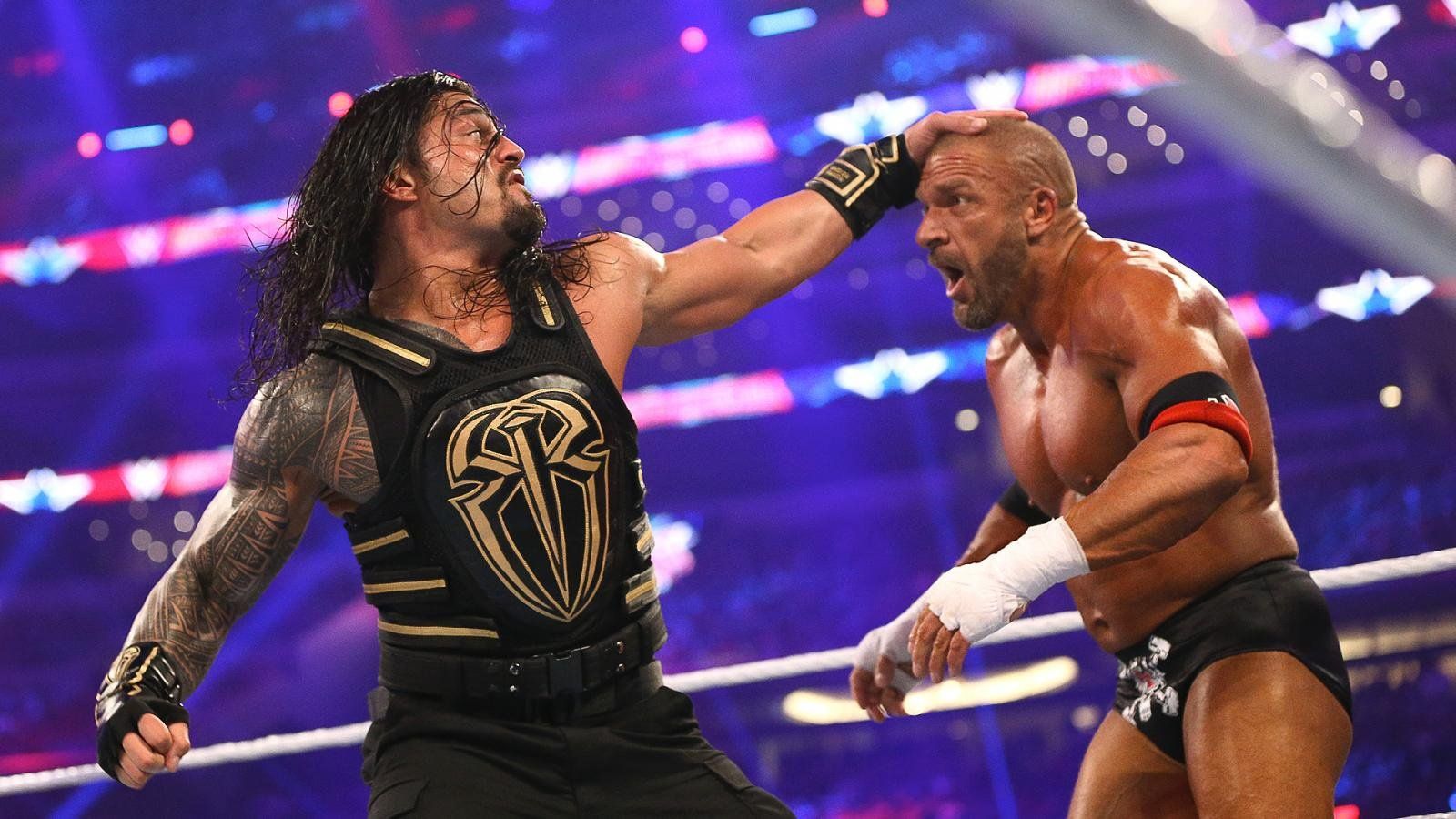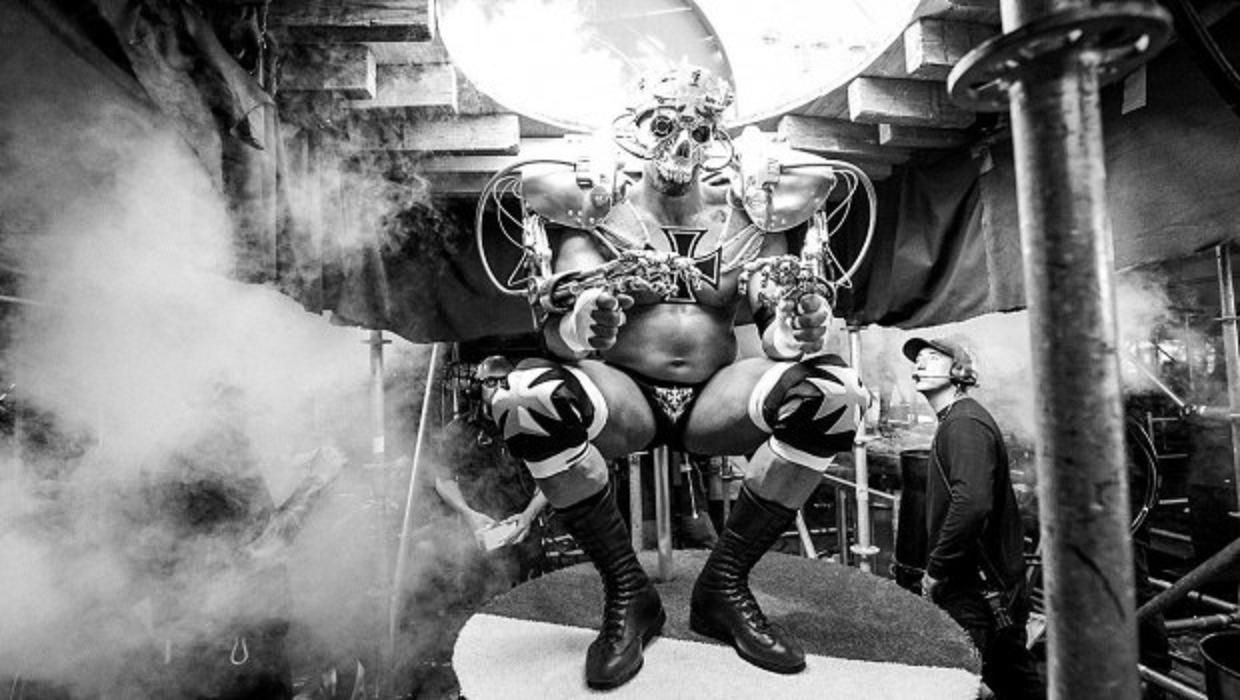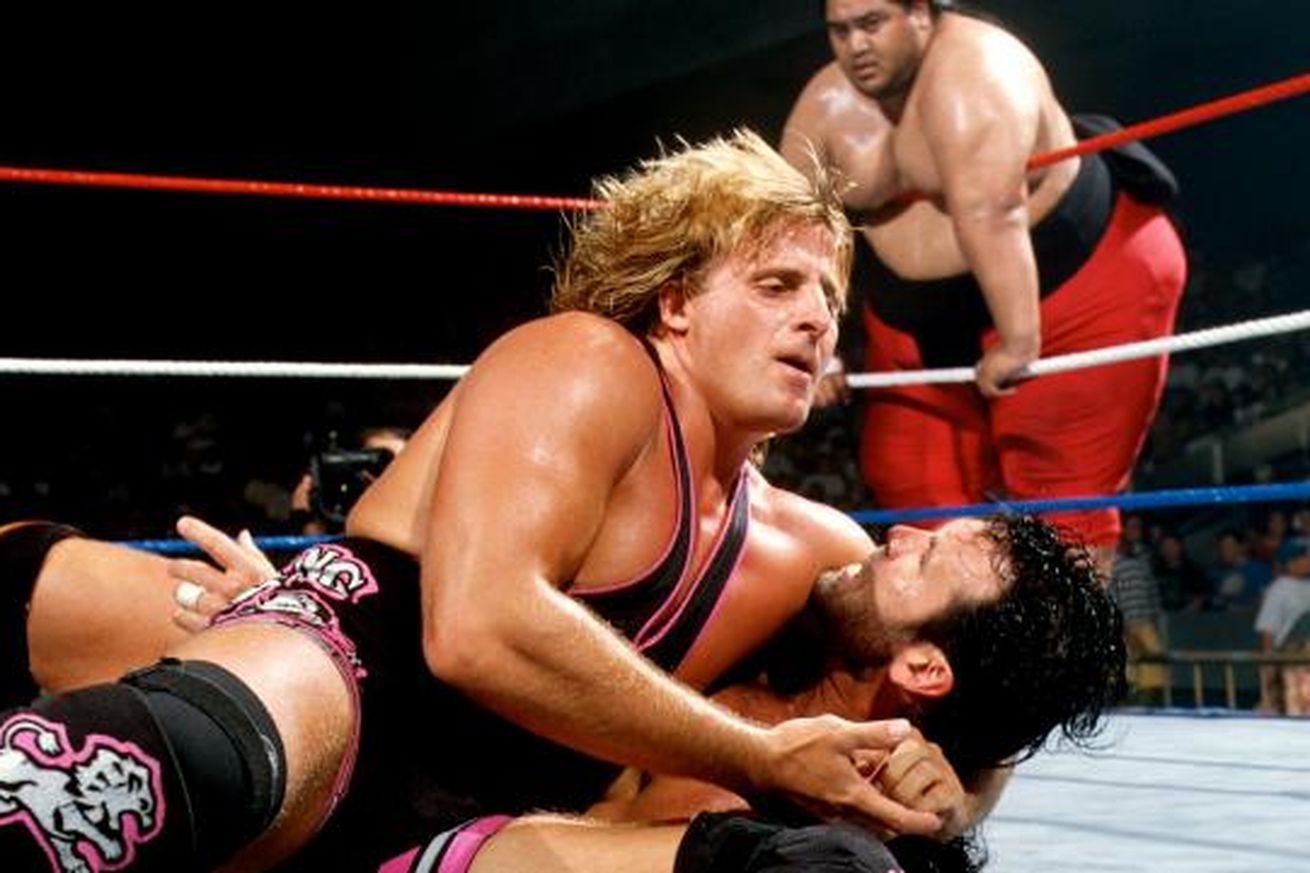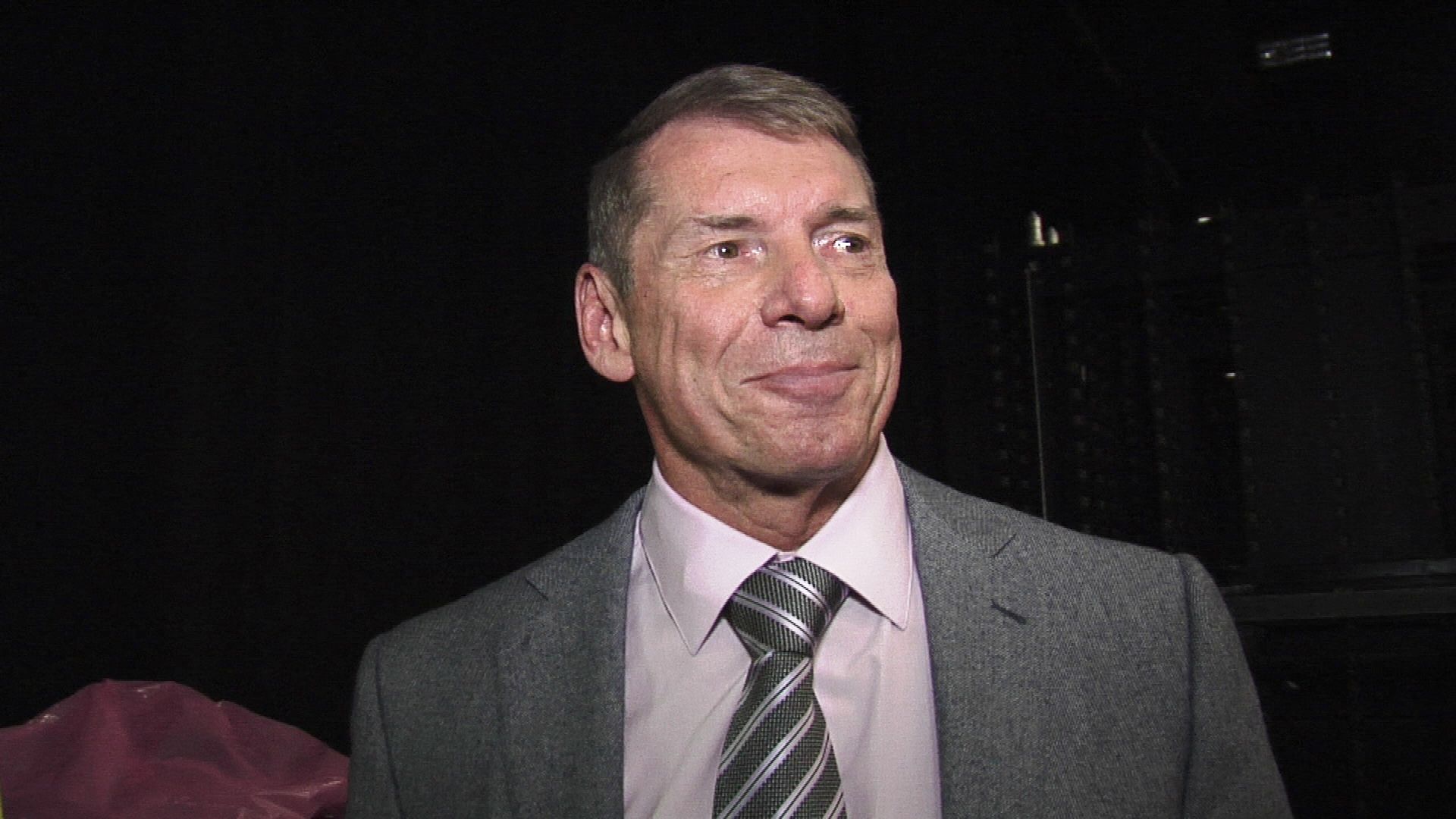As sports fans, we sometimes can take for granted the amount of information we receive about our favorite athlete’s contract. When a team signs a player in the off-season, the numbers of that contract usually end up in the public’s eye in the same day. We can also quickly find out any quirky clauses in these contracts. Just check out TheSportster's’ “Top 10 Weirdest Clauses in Sports Contracts.”
While most sports organizations will gladly be transparent, the same cannot be said for the WWE. Information about the contract a wrestler signs can be hard to gain access too. The company doesn’t want you to know the fine details and we doubt they’ll ever be as open to providing that information to the public as other sports leagues are.
We can thank the court of law and the WWE’s SEC filings for allowing us to delve into what kind of contracts the WWE has with their wrestlers. The language of the contract has stayed consistent through the years but there are still some clauses that you may not have thought to be possible. So, do you want to know what a WWE contract has to offer? We thought you did.
17 17. The WWE Has Two Types of Intellectual Properties
Intellectual property is a law that allows you to take legal action if your creations are being used by others without your consent. There are four categories that make up the law: patent, trade secrets, copyright and trademark. In the WWE Universe, properties are shielded under two branches, Wrestler IP and New IP.
A Wrestler IP only protects the wrestler’s legal name but an exception would be made when the ring-name and legal name are the same. For example, Brock Lesnar has his own name protected under Wrestler IP, but the terms “The Next Big Thing” and “F-5” are under New IP.
16 16. Only in Connecticut
If for some reason a wrestler has to sue the company, it can only be done in the state of Connecticut. If you didn’t know, the state is the home of WWE's headquarters. There was just one exception when Owen Hart died and his family issued a wrongful death lawsuit against the WWE. The case took place in the state of Missouri, where Owen passed away. All the other cases ever brought up against the WWE have taken place in the Nutmeg State.
15 15. A Wrestler May Be Able To Terminate Their Contract Under Mutual Consent
In some cases, a wrestler may have the upper hand when it comes to termination clauses. For example, Triple H’s deal included language that says his contract with the WWE can only end in mutual consent. Other wrestlers may be able to know well ahead of time that they will have their contract terminated. Former wrestlers such as Raven and Kaynon were to be told 90 days in advance if WWE wanted to part ways with them. Brock Lesnar’s 2003 contract had a six month advanced notice if they were going to terminate his deal. In regards to intellectual property, the WWE still holds the rights to sell any New IP property as well as any products already produced under the Wrestlers IP during their time with the company.
14 14. WWE Receives Money from a Wrestler's Independent Projects
If any wrestler wants to pursue independent ventures while under contract, they will have to fork over some of their earnings to WWE. Regardless if a wrestler wants to use Wrestler IP or New IP, they need a sub-license agreement in the contract. Any separate project a wrestler takes part in, they must reimburse the WWE for administrative costs. The exception to the terms would be if WWE’s costs aren’t less than 10% of payments earned by the wrestler. From what we know, every contract has this language since 2000.
13 13. Wrestlers Can Negotiate Between IPs
Wrestlers may have leeway when it comes to intellectual property use. If they’re a polarizing character and make enough money for the company, they can negotiate who has the rights to the name. One documented case is from the late Jim Hellwig, better known as The Ultimate Warrior. He had his ring-name changed from New IP to Wrestler IP when he signed his contract with the WWE in 1996. This gave him the right to use the name “Ultimate Warrior” for personal gain and without fear of being sued after his contract ended with the WWE. Even though he is the rare exception, it’s possible to assume that other wrestlers have also negotiated contracts under similar situation
12 12. WWE Signs Wrestlers to Development Territories
We all know the WWE books a wrestler to certain events and personal appearances. This could be an interview on a prominent news station, hyping a Pay-Per-View on a radio broadcast, going to a fundraiser, or working a match at an event. What we also found out is the WWE can specifically include language in the wrestlers contract to be booked in certain organizations affiliated with WWE. Former wrestler, Raven, is one example. A contract he signed in 2000 mandated he wrestle for Ohio Valley Wrestling and Memphis Championship Wrestling. Another former wrestler, Mike Sanders, signed with the WWE but was assigned to Heartland Wrestling Association until his contract ended.
11 11. Terms of Length and Territories
There're no limitations for the length of a contract in the WWE. Reports have shown that the company has contracts up to twenty years. That’s an insane length of time and we thought Major League Baseball gave out outrageous long-term contracts. When it comes to specific language about a territory, a WWE contract states, “The territory of this Agreement shall be the world.” We all know Vince McMahon would rule the world if he could, so this doesn’t come to us as a surprise. You know you’re on top when you have the ability to call the world a territory.
10 10. The Base Salary of a Wrestler
It’s reported that the average salary wrestlers make on WWE’s main roster is $500,000 per year. We also have to consider wrestlers like Brock Lesnar and John Cena have seven digit figures per year and the lower card talents are below $500,000. Wrestlers also receive bonuses. In 2014, Triple H’s in-ring base salary was $1 million but his total income was $1.65 million. He was awarded a 65% bump up from his initial base salary. Wrestlers may also be deducted pay from their base salary in case an injury leaves them on the shelf for more than six weeks. Every taping and live event they miss after six weeks will cause a 0.5% reduction in their base salary.
9 9. WWE Can Sell Your Merch After a Contract Has Ended
The WWE isn’t for everyone. As fans, we’ve seen countless wrestlers come and go. There are many reasons why they don’t stay. They might not work well with the company, they could do something stupid which would get them fired, or their contract expired and didn’t get re-signed. Whatever the reason may be, the WWE still has the rights to sell their likeness for the next 90 days. It’s covered under the Sell Off Period of the contract and is a standard piece of language for any wrestler who signs with the WWE.
8 8. A Wrestler Cannot Sue for Injuries
The term concussion in sports has been a hot button topic over the last few years. We’ve seen former wrestlers of the WWE go on to sue the company due to injuries they sustained. Last year, former employee’s Russ McCullough (Big Russ McCullough), Ryan Sakoda and Matt Wiese (Luther Reigns) sued the WWE. They alleged that the WWE knowingly put them in harm’s way, concealed medical evidence and in doing so, received traumatic brain injuries. What hurts their case is they signed a contract that says they take on full responsibility for any injuries they sustained while working for the WWE.
7 7. Wrestlers Must Pay for Their Own Wardrobe, Props, Makeup and Costumes
As fans, it’s something we might not think about. A multi-million dollar company can pay for a prop or two for a wrestler or give them the right clothes for their gimmick, but that just isn’t the case with the WWE. Each wrestler has to pay for their own wardrobes and props. It speaks volumes about the psychological intelligence of guys who are known for their attires (Randy Savage, John Cena, Rick Rudd, and Rey Mysterio) and how they invested their own money into building their characters. It also proves that Mick Foley is as frugal as they say. His best prop was Mr. Socko, which we’re assuming didn’t cost that much.
6 6. Wrestlers Must Pay for Their Own Training
WWE’s NXT fans know about the Performance Center they have for training wrestlers, however, many may not know that those on the main roster have to pay for their own training and conditioning programs. Unlike major sports organizations that pay the athletes to train, the WWE allows the individual to be responsible for their body. This explains why John Cena always tweets out videos of him lifting weights and Seth Rollins talks about how great CrossFit is. It’s not only training but a wrestler must find their own nutritionist as well.
5 5. Wrestlers Must Cover Their Own Costs for Food, Lodging, and Travel
We covered training and wardrobes, but did you also know WWE wrestlers have to pay for their own travel, eating, and lodging expenses. There’s one exception under their travel policy which states employees are covered through the air, but, besides the exception, wrestlers must also pay out of their own pockets for any services they use at the hotels. A few wrestlers have created wiggle room with these terms. Both Brock Lesnar and Triple H have perks to their travel arrangements which include first class travel. Hopefully the wrestlers take advantage of the hotel’s frequent guest reward packages when traveling.
4 4. Non-Compete Clauses
If you breach your contract with the WWE, you cannot perform for another wrestling organization for a certain amount of time. A non-compete clause can be one year or in the case of Brock Lesnar, six years. A breach can include violating WWE’s Wellness Policy, underperforming, failing any physical tests, and not obtaining the right licensing to perform in the ring. Brock Lesnar and the WWE went to court when Lesnar left the WWE in 2004 and performed for New Japan Pro Wrestling a year later. Still using his signature finisher the “F5,” he had to call it "The Verdict” because WWE still owned the rights to the name. We all know the WWE and Lesnar patched things up, but we’re sure Mr. McMahon was extremely ticked off seeing him in Japan.
3 3. WWE Cannot be Sued for Negligence
Even in death, you can get screwed by Mr. McMahon. A piece of the contract that is highlighted in bold states the company is not liable if the wrestler dies, even if there is negligence on their part. Hypothetically, Vince could tell you to rub honey all over yourself and wrestle a grizzle bear in Alaska. If you don’t agree, he can fire you, if you do agree and get eaten, your family would have a hard time suing the company. We’ve learned that this language doesn’t always work. Owen Hart died performing at a PPV in 1999 when he fell from the rafters and landed in the ring. The litigation took a long time but Hart's family was rewarded $18 million for the tragedy.
2 2. Only When Mandated By Law Can a Wrestler Spill the Beans
We all love to listen to former wrestlers of the WWE shoot about policy making, personal beefs, and the everyday stories of what goes on behind the scenes but there’re some things they might say that can have legal ramifications. Under “Confidentiality,” a wrestler under contract or after their term is up, can’t talk about any sensitive material in regards to the business. This includes ideas, costumes, sales information, business reports and plans. Now, we’ve heard a lot of tales in regards to these examples. The catch is, if the information is going to become available to the general public, it's fair game to talk about. Otherwise, WWE wants you tight lipped.
1 1. Every Wrestler is an Independent Contractor
We always hear and read debates between the Internet Wrestling Community and the WWE die hard fans. Discussions like who’s better, indie wrestlers vs McMahon's hand picked talents, the promotion Ring of Honor vs WWE’s NXT, and whether Kevin Owens is too large or not. Did you know that every WWE wrestler is listed as an independent contractor?
That means John Cena is an independent wrestler. Mind blown. It’s also why wrestlers have to pay for their own training. Governor Jesse Ventura exposed the hypocrisy when interviewed by radio host Howard Stern, asking how can wrestlers be independent contractors if their contract makes them exclusively signed to the WWE? Wrestlers Raven, Kaynon, and Mike Sanders have tried to sue the company for this language, stating wrestlers should be treated like employees, but failed to win the case.

